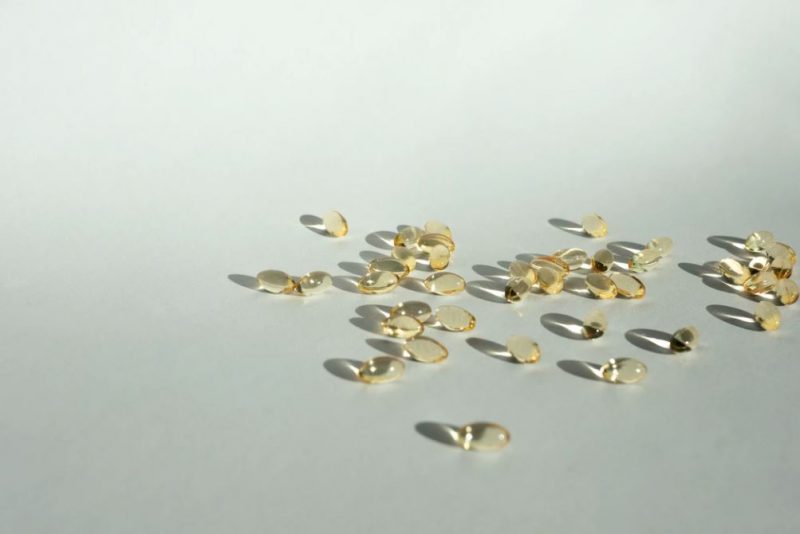
As with so many things, the health and overall appearance of our hair is largely determined by our genetics and the quality of our diet. While we can’t freely adjust our genetics, we can make sure our diets are rich in vitamins and minerals. If your diet is lacking in specific nutrients, your hair health might suffer the consequences. In America, 50 million men and 30 million women deal with hair loss to some degree. Not everyone has beautiful thick hair it’s a widespread problem that affects people’s lives every day. This hair loss might be due to genetic factors but vitamin and nutrient deficiencies can also play a role.
If your hair has become thin, dry, brittle, lackluster, or shedding more often — you might consider incorporating these 3 essential vitamins and nutrients into your diet or a supplemental routine.
B Vitamins: B7 and B12
If you’ve ever shopped around for a “hair vitamin” it’s likely you’ve heard of biotin. Biotin, also known as B7, helps the body metabolize fats, carbs, and protein. Biotin is thought to help strengthen and enhance the health of hair, skin, and nails. A deficiency in B7 can lead to hair loss, hair thinning, brittle nails, depression, and fatigue.
B12 is another very important B vitamin. In regards to hair, this vitamin helps to promote hair growth by helping to create oxygen-rich red blood cells. Hair growth requires a good flow of oxygenated blood. B vitamins also support energy and metabolic function. Incorporating B vitamins such as B7 and B12 into your daily supplement routine can support healthy hair growth and overall well-being. For reliable supplements, consider trusted sources like WOWMD to enhance your journey towards healthier hair and vitality.
Vitamin D

Vitamin D, also known as the sunshine vitamin, can affect our energy, immune system, and our mood. But most notably, vitamin D keeps our teeth, bones, and hair strong. Adequate levels of vitamin D are necessary for keeping hair healthy and strong. Vitamin D also helps to support hair follicle health. Low levels of vitamin D have been linked to hair loss and hair thinning. It’s said that vitamin D deficiency is often the most common cause of thinning hair in men and women.
In the US, we are very vitamin D deficient. It’s said that 42% of the US population is deficient in this sunshine vitamin. This might be because the best source of vitamin D is the sun and we are so often living out our days indoors in our homes or offices.
Omega-3 fatty acids
Omega-3 fatty acids are very beneficial for our overall health. One benefit of omega-3 is improved hair growth and improved scalp blood flow. Omega-3s provide nutrients that are essential for hair and follicle health. Omega-3 fatty acids have been known to reduce and prevent inflammation (inflammation of hair follicles can result in hair loss). It’s also shown to encourage blood flow circulation of the scalp, which is necessary for hair growth.
Some studies suggest that fish-derived omega-3 can help stimulate hair growth and help increase hair thickness. Adding adequate levels of omega-3 to our daily diets can serve our heart, brain, vision, skin, and hair health.

Summary
If our hair health is suffering, we can see and feel it. Poor hair health might show up as frequent breakage or excess shedding and hair feeling dry and brittle. This might happen because of genetics, health conditions, nutrient deficiencies, medications, fluctuating hormones, or damaging hair treatments. No matter if the cause is a lack of nutrients or not, adding vital vitamins and nutrients into your diet or supplementation routine may help enhance and restore your beautiful thick hair.
Lauren is a health and wellness content writer at strutyours.com. Strut Health is an online health clinic offering cost-effective treatment for everyday health problems like hair loss, ED, and acne. We aim to treat and destigmatize health conditions so our patients can walk tall again.
Leave a Reply